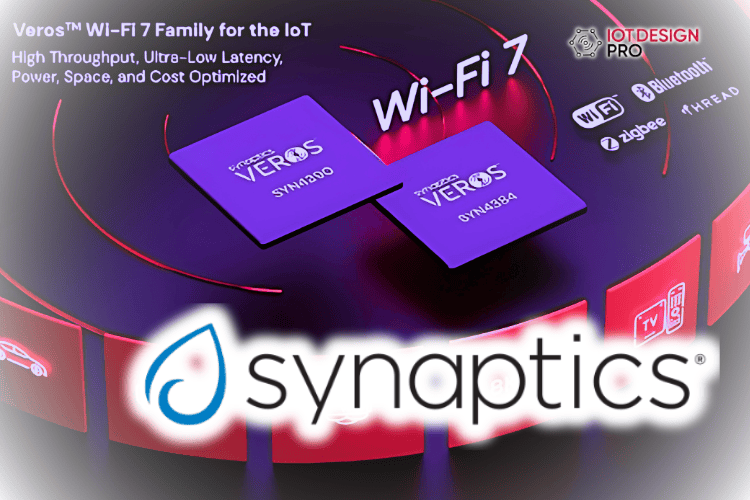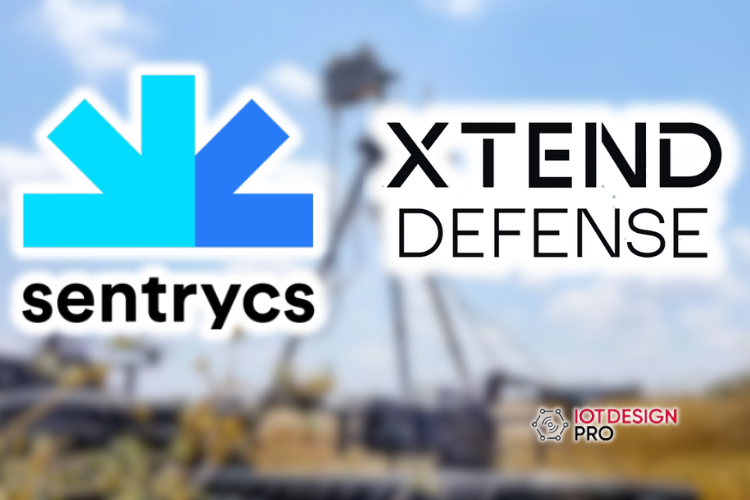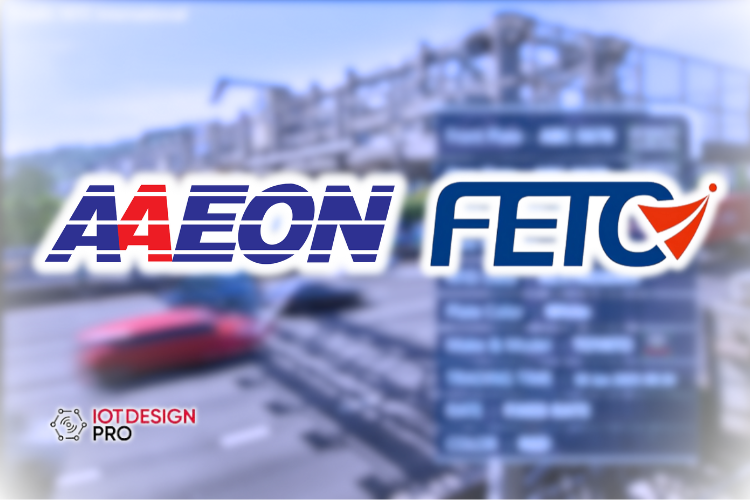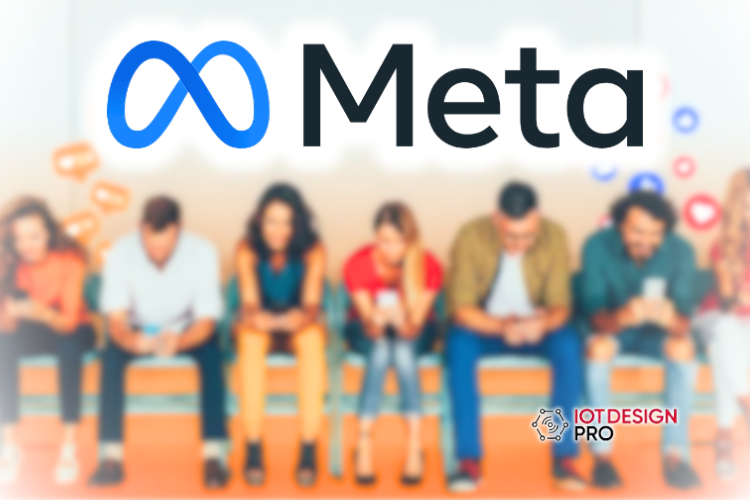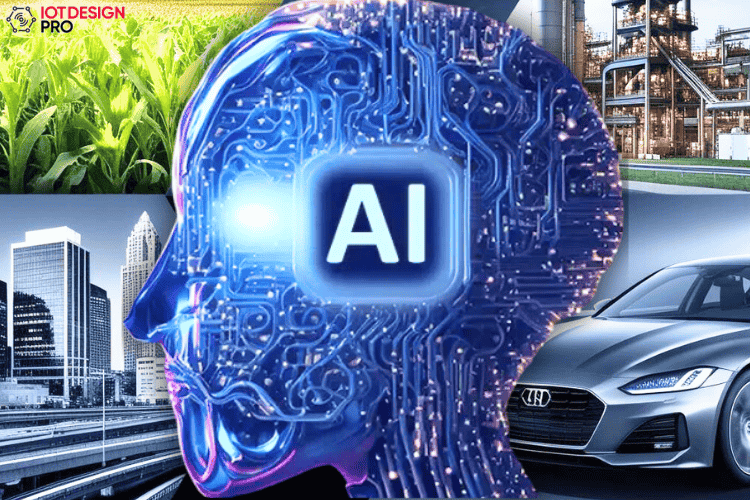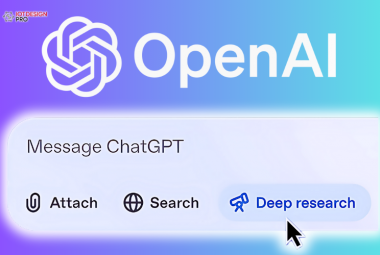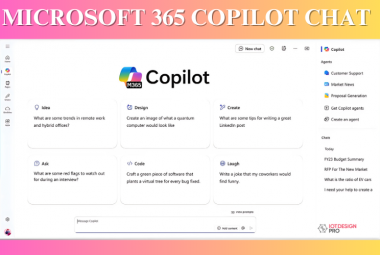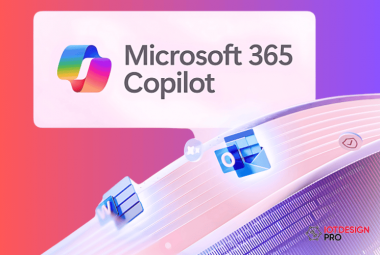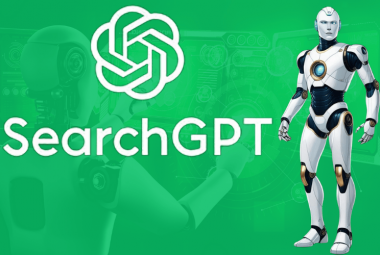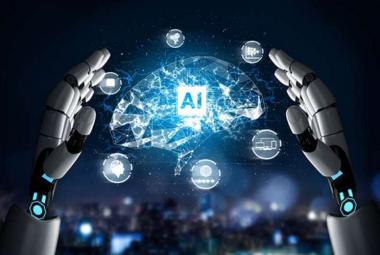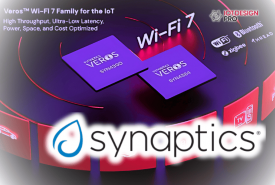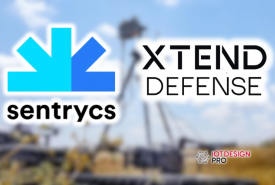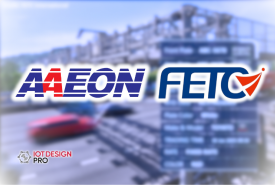Microsoft has introduced adapted AI models to address specific needs across industries including agriculture, manufacturing, finance and automotive sectors. These solutions, created with partners like Bayer, Siemens, Rockwell Automation and Cerence will address the specific needs of each industry. Pre-trained with real-world data, these models are accessible through the Azure AI model catalog or directly from partners, empowering businesses to optimize operations and tackle unique challenges effectively.
Each model serves to a specific industry. Bayer’s E.L.Y. Crop Protection focuses on sustainable agricultural practices, providing personalized solutions for crop-specific and regional needs. Siemens NX X aids CAD designers with AI-driven recommendations to improve design processes. Rockwell Automation’s FT Optix Food & Beverage model supports manufacturing workers by offering insights into factory processes. Cerence has developed CaLLM Edge, an AI model for in-car systems, which helps drivers control features like air conditioning and navigation, even in areas with limited or no cloud connectivity. Saifr’s financial compliance tools assist financial institutions by managing regulatory reviews efficiently, identifying risks in text and images and suggesting compliant alternatives. Sight Machine’s Factory Namespace Manager helps manufacturing units standardize plant data for better integration and optimization.
These AI models are integrated into Microsoft platforms like Copilot Studio, allowing industries to create AI-powered agents personalized to their needs, such as improving operational workflows or enhancing customer experiences. Backed by Microsoft Cloud and Microsoft Fabric, these tools ensure secure data handling and responsible AI practices. By enabling smarter, faster and more efficient operations, Microsoft is helping businesses adopt AI responsibly and achieve sustainable growth across diverse sectors, paving the way for an AI-driven future.

